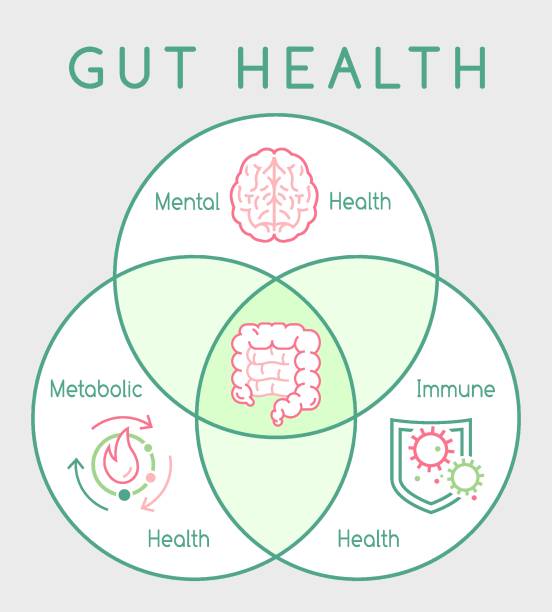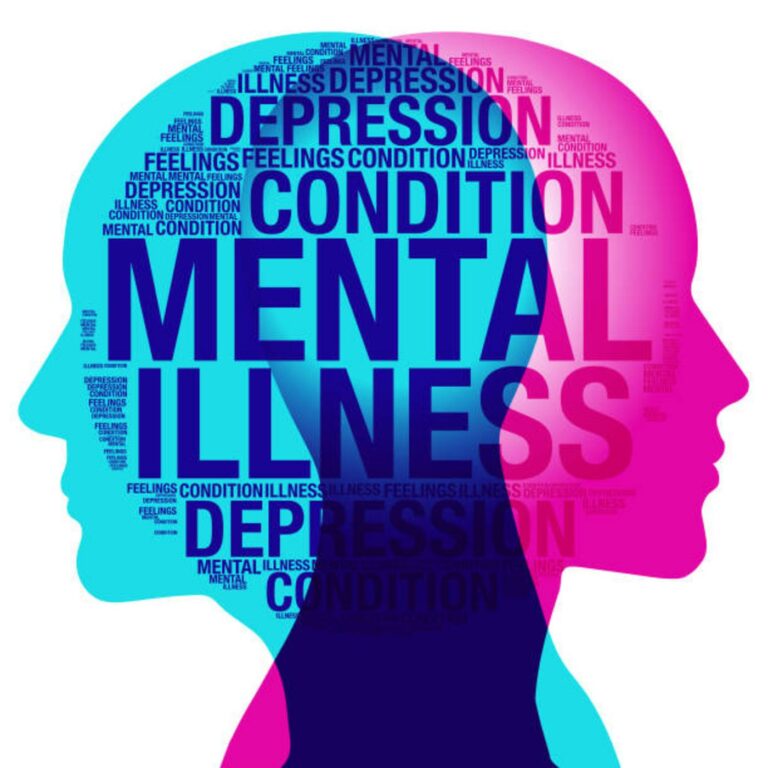
Why gut health matters. Vertical poster. Medical infographic. Digestion is important. Stomach function. Editable vector illustration in modern outline style. Healthcare and scientific concept
Your gut isn’t just for digestion—it’s a key player in your immune system, mental health, and even energy levels. The gut microbiome, a community of trillions of bacteria living in your digestive tract, influences many aspects of your health.
Taking care of your gut can improve digestion, mood, and reduce inflammation.
What Is the Gut Microbiome?
The gut microbiome is the ecosystem of bacteria, viruses, and fungi living in your intestines.
A healthy, balanced microbiome:
- Helps digest food and absorb nutrients
- Protects against harmful pathogens
- Supports immune function
- Produces essential vitamins and neurotransmitters
Signs Your Gut Might Need Attention
- Bloating, gas, constipation, or diarrhea
- Food intolerances
- Fatigue or brain fog
- Frequent infections
- Skin issues like eczema or acne
If you experience these regularly, gut imbalance could be a factor.
How to Support Your Gut Health
1. Eat a Diverse, Fiber-Rich Diet
Fiber feeds beneficial gut bacteria. Include:
- Fruits and vegetables
- Whole grains
- Legumes
- Nuts and seeds
2. Include Fermented Foods
These contain live probiotics:
- Yogurt
- Kefir
- Sauerkraut
- Kimchi
- Miso
3. Avoid Excessive Antibiotic Use
Antibiotics kill harmful and beneficial bacteria alike. Use only when necessary and under doctor supervision.
4. Manage Stress
Chronic stress negatively affects gut health via the gut-brain axis. Mindfulness, exercise, and adequate sleep help.
5. Stay Hydrated
Water supports digestion and nutrient transport.
The Gut-Brain Connection
Your gut produces neurotransmitters like serotonin and dopamine, which affect mood and cognition.
Research links gut health to mental health conditions such as anxiety and depression.
Taking care of your gut may improve emotional well-being.
Probiotics and Prebiotics: What’s the Difference?
- Probiotics are live beneficial bacteria you ingest.
- Prebiotics are fibers that feed those bacteria.
Both work together to maintain a healthy microbiome.
Supplements can help but focus on food sources first.
When to See a Specialist
Persistent digestive issues, autoimmune diseases, or severe symptoms warrant medical advice. Tests can assess microbiome health or identify infections.
Final Thoughts
Gut health is central to overall wellness. Simple lifestyle changes can nurture your microbiome, improving digestion, immunity, and mood.
Your gut truly is your second brain—treat it well.







